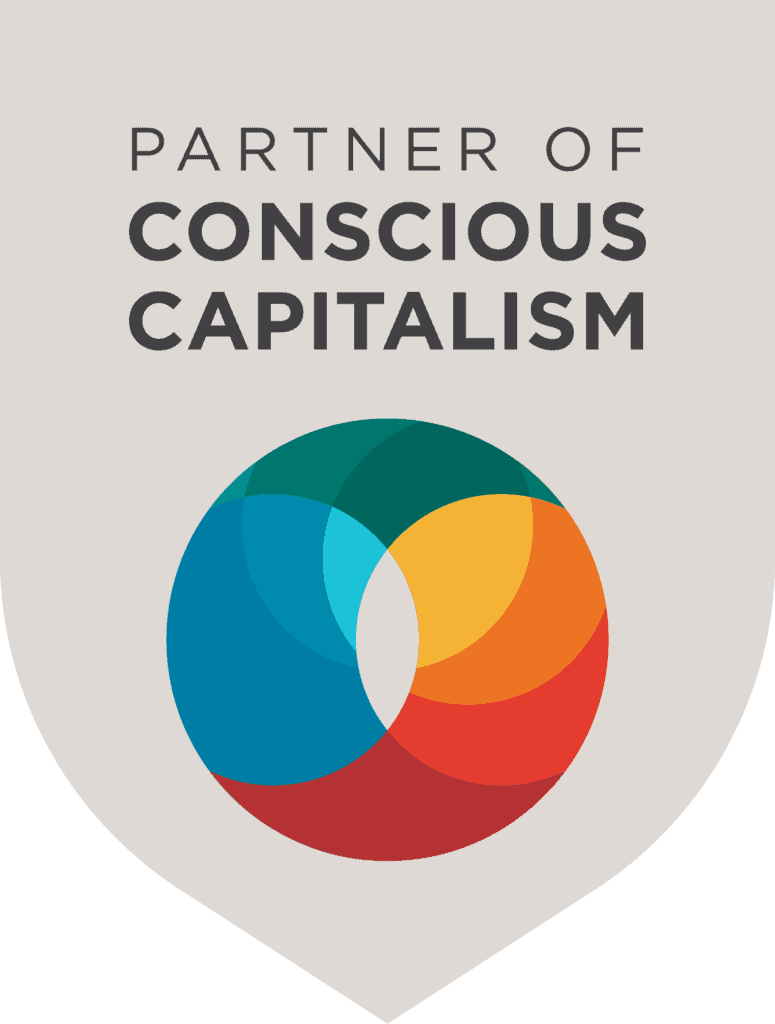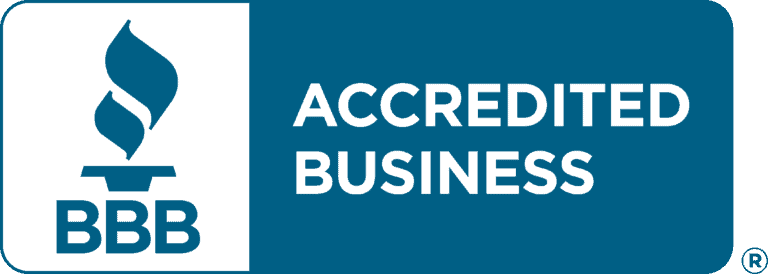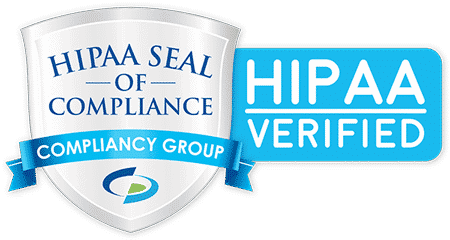As the global call for environmental sustainability intensifies, businesses worldwide are increasingly vying for the attention of eco-conscious consumers. Let’s be honest; sustainability has become a unique selling point, a badge of honor, and a golden ticket for companies seeking to establish themselves as environmentally progressive. However, in the pursuit of portraying a ‘green’ image, some businesses have fallen into the traps of greenwashing and greenhushing. Some businesses do so knowingly or while others unknowingly mislead consumers about their commitment to sustainability.
At Expense to Profit, we introduce business executives to insider strategies to transform operations, lower operational costs, and improve their bottom line. But much more than that, we inform businesses about how their operations can improve or decrease their marketing efforts.
One of the best places to start is your commitment to sustainability. This article delves into the dangerous territory of greenwashing and greenhushing. It will explore its impact on customers’ perceptions and the repercussions it can have on businesses. As more consumers demand transparency and genuine environmental efforts, the consequences can be severe for companies that use deceptive practices.
This is a must-read for business executives seeking to maintain their company’s integrity and meet the demands of an environmentally conscious market.
What is Greenwashing?
Greenwashing, as the name suggests, is the deceptive and carefully crafted practice of conveying a false impression of environmental responsibility or sustainability efforts by a business or corporation. Typically, it involves making eco-friendliness or environmental impact claims to present a positive image without implementing the practices.
From the definition, you can tell that while this may appear like a strategic way to cash in, it poses several negative consequences.
Greenwashing deceives consumers into believing they are making environmentally conscious choices when, in reality, they are not. This misrepresentation can lead people to support products or services they think are sustainable, unknowingly contributing to environmental degradation and unsustainable practices.
Business Examples of Greenwashing
One infamous example is IKEA in 2020. As the world’s largest consumer of wood, IKEA is committed to establishing itself as the best in terms of its sustainability credentials.
According to an 18-month investigation by Earthsight, it was discovered that the company was making beechwood chairs using illegally sourced wood. It was found to come from the forests of Ukraine – in an area home to endangered wildlife. Even more surprising is that the Forest Stewardship Council (FSC) certified the timber sourced unlawfully. This raises serious concerns about the organization’s ethics and transparency. Other reasons why greenwashing is wrong include:
- Undermines Trust. When companies engage in greenwashing, they erode the trust of consumers who expect them to commit to sustainability. This lack of trust can extend beyond the specific company to the entire industry, making it harder for genuinely eco-friendly businesses to gain credibility.
- Hinders Real Progress. Greenwashing diverts attention and resources from companies that are genuinely implementing sustainable practices. It can create a false sense of accomplishment, slowing the urgency to address pressing environmental challenges.
- Hinders Global Sustainability Efforts. As sustainability becomes a critical global issue, greenwashing undermines collective efforts to create a greener future. It slows down progress by promoting insincere actions and delaying real change.
Benefits of Businesses Commitment to Sustainability
According to McKinsey & Company, brands of different sizes making ESG-related claims on their products and services achieve significant growth in sales. However, Customers are becoming increasingly vigilant about discerning genuine sustainability efforts from mere deceptive tactics for making sales.
A report from Brand Finance – a global brand and strategy consultant – reveals a high tendency of businesses to face backlash from customers over the disconnect between their sustainability claims and their actual performance.
The report places companies like Tesla at the risk of losing $4.1 billion in valuations – and analyzes more than 4,000 companies in 36 countries, which includes the US. For the same reason, other companies like Disney, Netflix, Aramco, and Toyota may lose millions of dollars in valuations.
The Way Forward
The way forward for businesses lies in embracing genuine sustainability as a core principle rather than resorting to greenwashing or greenhushing tactics. The most effective strategy you can deploy is to be ISO 14001 certified.
ISO 14001 is an internally accepted standard for implementing an environmental management system (EMS) for your organization. This standard is specially released by the International Organization for Standardization (ISO) and agreed upon by several member countries.
Some of the benefits of being ISO 14001 certified include the following:
- Promotes compliance. ISO 14001 certification allows your business to remain compliant with regulations and requirements bordering on interacting with the environment. As you can see from this article, greenwashing is dangerous for your business.
- Competitive advantage. Another benefit of certification is that your business will achieve better competitive dominance over rivals.
- Global market penetration. Consider taking your business beyond national shores; consider being ISO 14001 certified. The international community recognizes the certification, opening your business globally.
- Establish favorable relationships with investors and customers. Potential investors and customers will engage with your business offerings with a certification like ISO 14001.
The ISO 14001 certification is offered by our partner, Edenark Group, one of the leading accredited agencies in the world. The UN, World Bank, SEC, COP25, and FINRA back the certification from Edenark. It is implemented by +56% of the world’s largest 79,000 businesses and buildings.
Conclusion
Expense to Profit is a leading cost-reduction consultancy created to help businesses improve their profit margins while lowering expenses. We can improve your bottom line with proven and tested strategies tailored to your needs. Through a vast network of partners, we can help your business take that next step. It could be as simple as changing lightbulbs or significantly more drastic. Do not hesitate to reach out if you would like to discuss your business’s commitment to sustainability, the possibilities of expense reduction, or how you can have a more significant impact.
Call today for a free consultation and expense reduction analysis.






